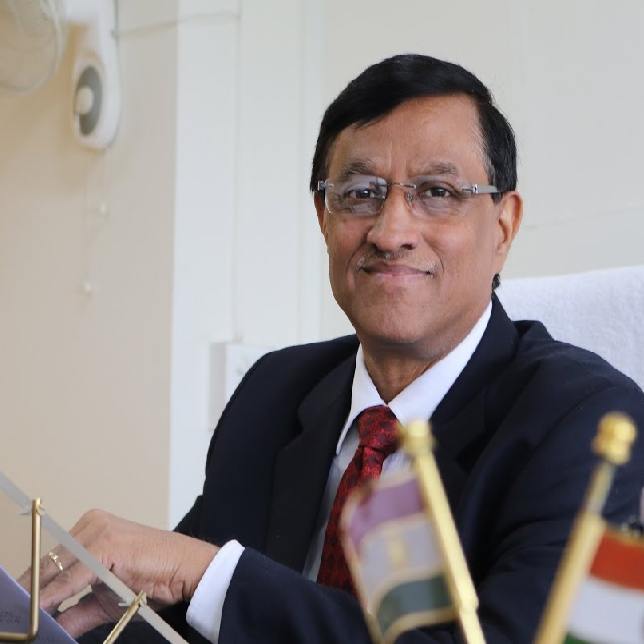The rapid decline of bilateral relations between India and Maldives is the result of an Islamic conservative faction coming to power in the Indian Ocean, says a former top Indian diplomat Dhyaneshwar Mulay who was the former Indian envoy of India to the Maldives.
“Democracy in Maldives is relatively young, in their teens and it is a question of lack of understanding of the situation as well as the realities of bilateral relations between the two countries, which has triggered the crisis,” the envoy said. According to the former High Commissioner Mulay, “whenever such developments occur, then it is the result of some people who have been polluting the minds of the island population there and China has played a significant role in this process. It has been providing all assistance to Maldives and the current regime in Maldives is pro-development but also very conservative.”
Maldives Islamic Tilt
He added, “There is an Islamic tilt to their policies, and that is why the first visit of President Muizzu was to Turkey and it is unfortunate that the second visit was to China. It is an indication of what the new regime prefers. Mulay also pointed out that the current President of Maldives, Mohamed Muizzu is a follower of former President Abdullah Yameen a very well-known anti-India hardliner who remained in power from the year 2013 till 2018. Yameen was sentenced to five years of imprisonment, and a fine of USD 5 million was charged on him as he embezzled USD 1 million in state funds.
Dependence on India
As the President of Maldives, Yameen laid the foundation for the Chinese debt trap in 2015 and led the India Out Campaign currently pursued by Muizzu, who wants 70 soldiers of India in the island nation out from the country. These personnel operate India-sponsored radars and surveillance aircraft. In Mulay’s view, however, when things settle down, the Maldivians would realise that it would be very difficult to navigate through domestic issues such as climate change and everyday requirements. The Maldives in heavily reliant on India and New Delhi has been providing all this since 1976.
He said that sections of the Maldives population are already voicing their fears, knowing that India will be the first responder during its time of crisis. The tourism industry has voiced its fears as have the others, the former High Commissioner said. Asked if China would grab the space as India vacates, he said “I am sure things will improve, but I will give it another six months to see how things shape up.
Indian involvement in the Maldives is long, extending from hospitals, education, credit facilities, defence agreements and many other areas of bilateral cooperation. In 1988, Indian troops famously intervened to thwart a coup attempt in the island nation. The attempt was carried out by a group of Maldivians and were assisted by a Tamil Secessionist organisation from Sri Lanka, the Peoples Liberation of Tamil Eelam (PLOTE) to overthrow the government. In the counter operation called Operation Cactus, India thwarted the coup earning it global goodwill.
Bilateral Diplomatic Row
Just after a month after PM Narendra Modi met with the newly elected Maldivian President Mohamed Muizzu, relations between the two former allies have gone into tailspin. The immediate provocation came from tweets by three ministers of Maldives government used social media to attack PM Modi for his promotion of the Lakshadweep Islands during his recent sojourn there the perceived cost to the Maldives and for India’s closer ties with Israel. The ministers used derogatory remarks about Indians. The tweets have been deleted, the minsters suspended and the Maldives government has distanced these ministers from the regime, But the damage was already done.


















Comments